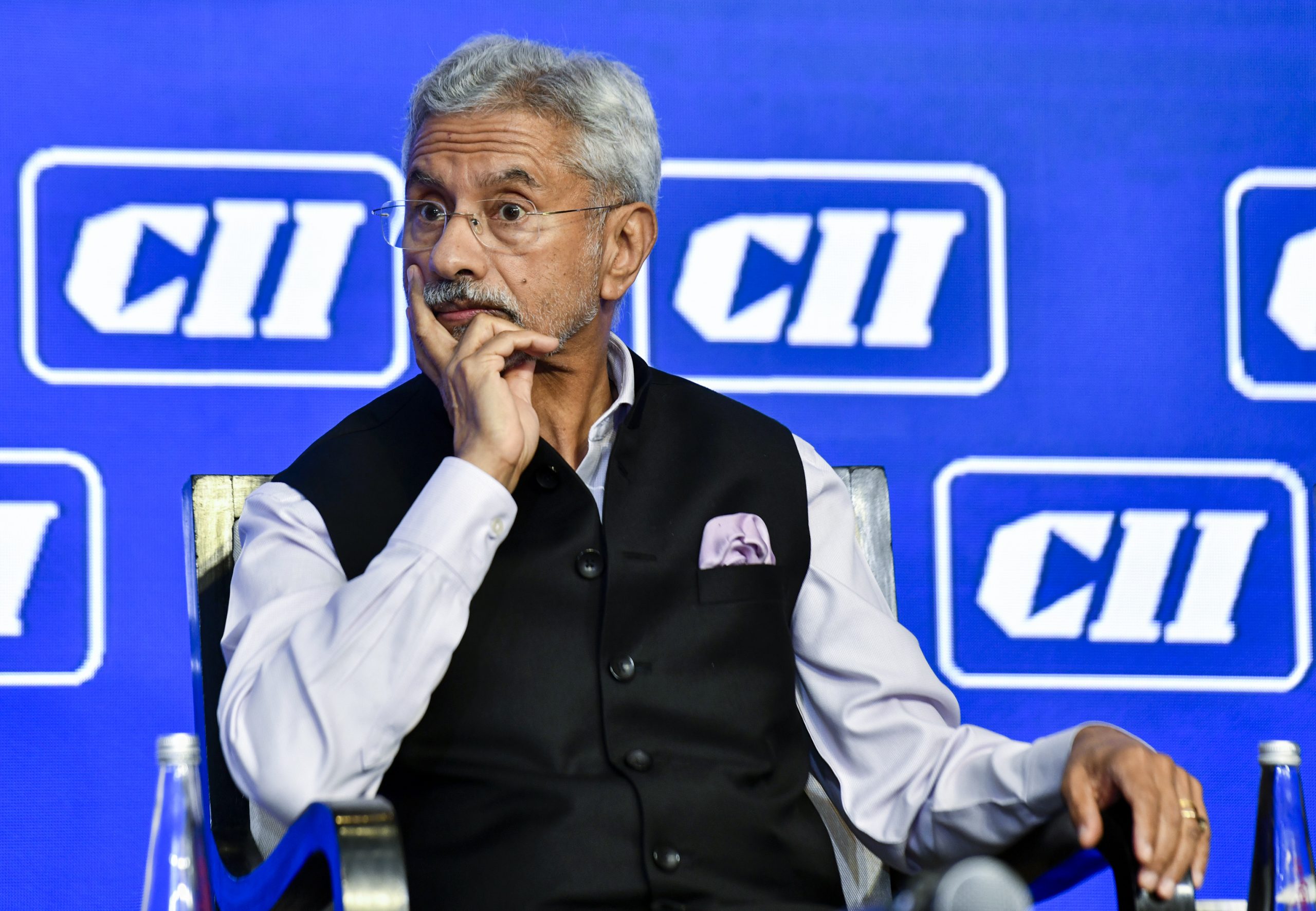New Delhi : External Affairs Minister S Jaishankar will lead the Indian delegation at the Shanghai Cooperation Organisation (SCO) summit next week, the Ministry of External Affairs (MEA) announced on Friday.
The SCO summit will take place from July 3-4 in Astana, the capital city of Kazakhstan.
“The External affairs minister will be leading our delegation there,” MEA Spokesperson Randhir Jaiswal said during a weekly briefing here. Kazakhstan took over the SCO presidency from India, which was the president last year. India hosted the SCO summit virtually in July 2023. This year’s host is Kazakhstan President Kassym-Jomart Tokayev, who has proposed, among other initiatives, the establishment of a joint investment fund.
In a telephonic conversation with the Kazakhstan President on June 25, Prime Minister Narendra Modi conveyed his full support for the success of the upcoming summit in Astana. During the conversation, the two leaders also reiterated their commitment to continue to work together to advance bilateral strategic partnerships.
The Prime Minister expressed confidence that Kazakhstan’s leadership would greatly contribute to the furtherance of regional cooperation.
“Had a good conversation with President of Kazakhstan H.E. Kassym-Jomart Tokayev. Thanked him for warm wishes on the success in the elections,” PM Modi wrote in a post on X.
“Reiterated the commitment to advance our Strategic Partnership with Kazakhstan. Conveyed India’s full support for the success of the upcoming SCO Summit,” he added.
During the COVID-19 pandemic in 2020-2021, the SCO summits were held virtually.
The Shanghai Cooperation Organisation (SCO) is a political, economic, and security group that was established in 2001. The current members of the SCO are China, Russia, India, Pakistan, Kazakhstan, Kyrgyzstan, Tajikistan, and Uzbekistan. Iran became a full member in 2023, under the Indian Presidency of the grouping. Belarus is an observer state and is next in line to gain full membership.
The SCO is focused on regional security, counter-terrorism, and economic cooperation among its member states. The organisation covers over 60 per cent of the Eurasian landmass, 40 per cent of the world population, and 30 per cent of global GDP.
